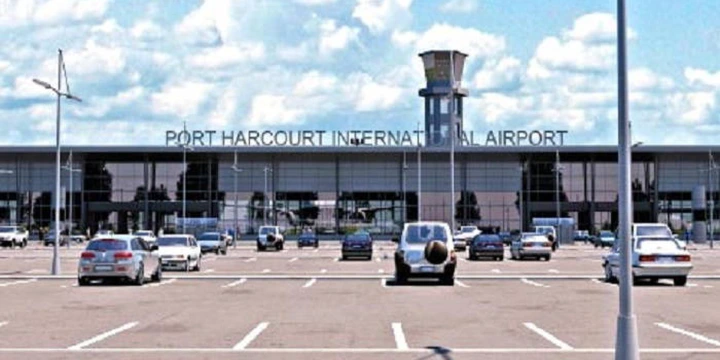BREAKING NEWS: Nigeria President Tinubu Approves Privatisation Of Port Harcourt Airport, Bans Sale Of FAAN Property
The new directive was announced by Minister of Aviation and Aerospace Development, Festus Keyamo, after Thursday’s Federal Executive Council (FEC) meeting in Abuja.
President Bola Tinubu has taken decisive steps in the aviation sector, approving the privatisation of Port Harcourt International Airport’s operations while placing a ban on the sale or transfer of Federal Airports Authority of Nigeria (FAAN) property across the country.
The new directive was announced by Minister of Aviation and Aerospace Development, Festus Keyamo, after Thursday’s Federal Executive Council (FEC) meeting in Abuja.
Keyamo said the President had “ordered a strict prohibition on the sale or transfer of any properties owned by the Federal Airports Authority of Nigeria (FAAN) located within or adjacent to airport areas.”
He stressed that the sites were vital for on-site housing of critical staff — such as firefighters and air traffic controllers — whose proximity to airport grounds was crucial during emergencies.
“These properties will not be handed over to private entities. If anyone thinks they’ve acquired one, they should reconsider,” the minister warned.
While FAAN’s properties remain protected, the council gave a green light for the economic viability study on the privatisation of Port Harcourt International Airport, marking a cautious step toward limited private participation in airport management.
According to Keyamo, the move has sparked significant investor interest. “Prior to our tenure, interest was nonexistent. Today, more than six firms are vying for the opportunity,” he stated, assuring that “no staff redundancies would result from the deal.”
The FEC also approved several other aviation-related projects — ranging from safety upgrades and technological enhancements to enhanced airspace communication systems.
Among them are contracts for maintenance and technical support of Aeronautical Information Management (AIM) systems across Nigeria’s five major international airports—in Abuja, Lagos, Kano, Port Harcourt, and Enugu.
Additionally, the council approved the deployment of Terrestrial Trunked Radio (TETRA) infrastructure nationwide, 14 VHF remote communication stations for the Nigerian Airspace Management Agency (NAMA), and the acquisition of 15 specialised airport rescue and firefighting trucks to align with International Civil Aviation Organisation (ICAO) standards.
Keyamo also announced plans for NAMA to move into a purpose-built headquarters in Abuja, ending its tenancy in commercial buildings.
To enhance security and efficiency, FEC endorsed a new biometric identity verification system integrated with the National Identification Number (NIN) for passengers across all airports. “Far too many flyers use bogus IDs. This tech will verify identities in real time,” Keyamo explained.
He further disclosed that the council had approved funding for runway illumination projects to extend operational hours at several airports. “Certain airports close at 6 p.m. due to absent lights. These enhancements will extend service to 10 or 11 p.m.,” he said.
Keyamo, while appealing to aviation unions to support the reforms, reaffirmed his commitment to workers’ welfare but cautioned that “labour organisations cannot override executive decisions.”

